A motion to impeach South Korean President Yoon Suk Yeol over the declaration of martial law has been presented to the country's National Assembly and the vote is now underway.
The National Assembly held a plenary session today, December 14, to vote for the second time on whether to impeach President Yoon Suk Yeol for his failed declaration of martial law on December 3, according to Yonhap.
The first attempt to impeach Yoon on December 7 failed after nearly all lawmakers from his People Power Party boycotted the vote. The opposition Democratic Party of Korea has said it will push for an impeachment vote every week until it achieves its goal.
The new motion made amendments to the first, deleting some of the charges against Mr. Yoon but adding others, including that the president ordered the military and police to arrest lawmakers while martial law was in effect.
200 votes are needed for the impeachment motion to pass, meaning South Korea's opposition lawmakers must convince eight lawmakers from the PPP to vote in favor. Seven have already pledged to support impeachment, according to AFP.
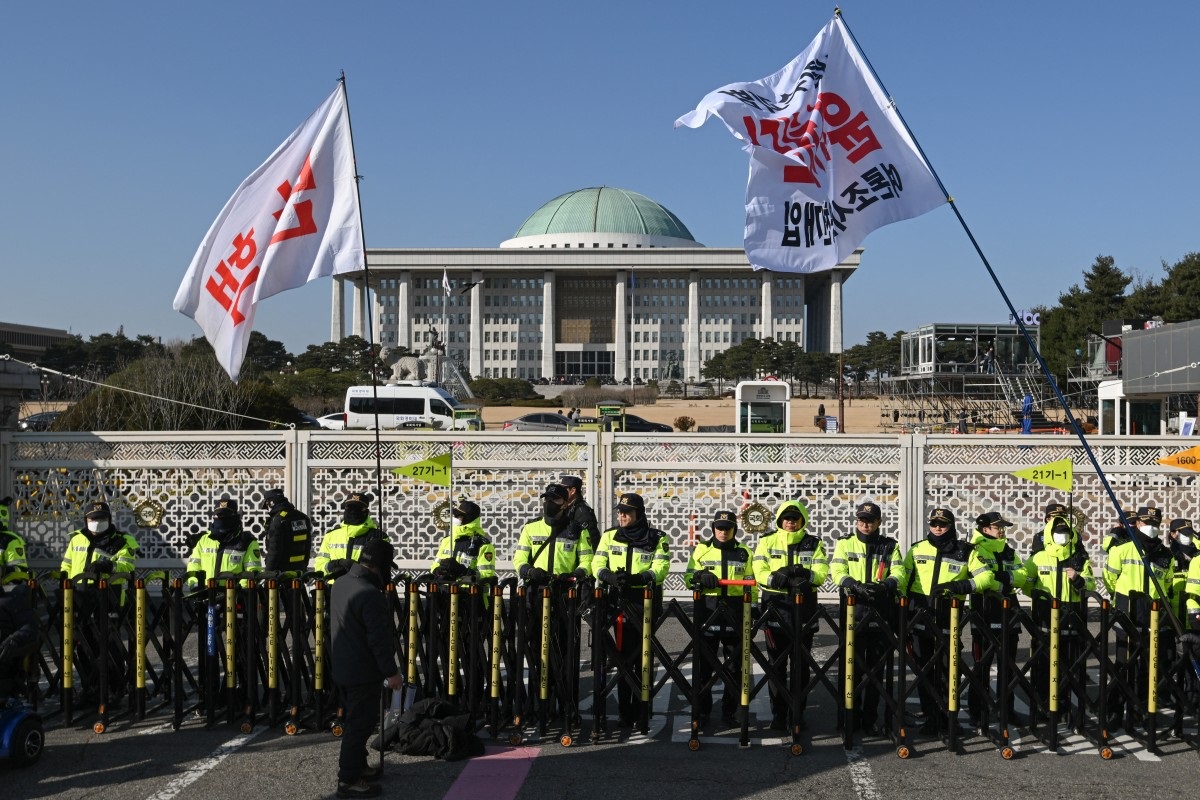
Police stand guard outside the South Korean National Assembly building during a protest calling for the impeachment of South Korean President Yoon Suk Yeol, in Seoul on December 14.
Meanwhile, Reuters today quoted information from the Korean press saying that the PPP has decided to maintain its official stance of voting against the impeachment of President Yoon Suk Yeol, but will not boycott the impeachment vote.
If the impeachment motion passes, Mr. Yoon will be suspended from office and Prime Minister Han Duck-soo will take over as acting president.
The Constitutional Court will then have 180 days to rule on Mr Yoon's future. If the court upholds the impeachment, Mr Yoon will become the second president in South Korea's history to be successfully impeached, following former President Park Geun-hye in 2017.
South Korean President vows to 'fight to the end' to defend martial law decision
But there is precedent for the courts to block impeachment. In 2004, then-president Roh Moo-hyun was removed from office by parliament for election violations and incompetence, but the Constitutional Court later reinstated him.
If today's vote fails, Mr Yoon could still face "legal responsibility" for declaring martial law, according to Kim Hyun-jung, a researcher at Korea University Law School.
"This is clearly an act of rebellion. Even if the impeachment motion is not passed, the president's legal responsibility under the Criminal Code... cannot be avoided," Ms. Kim said, according to AFP.
Source: https://thanhnien.vn/quoc-hoi-han-quoc-lai-bo-phieu-luan-toi-tong-thong-yoon-suk-yeol-185241214141112596.htm













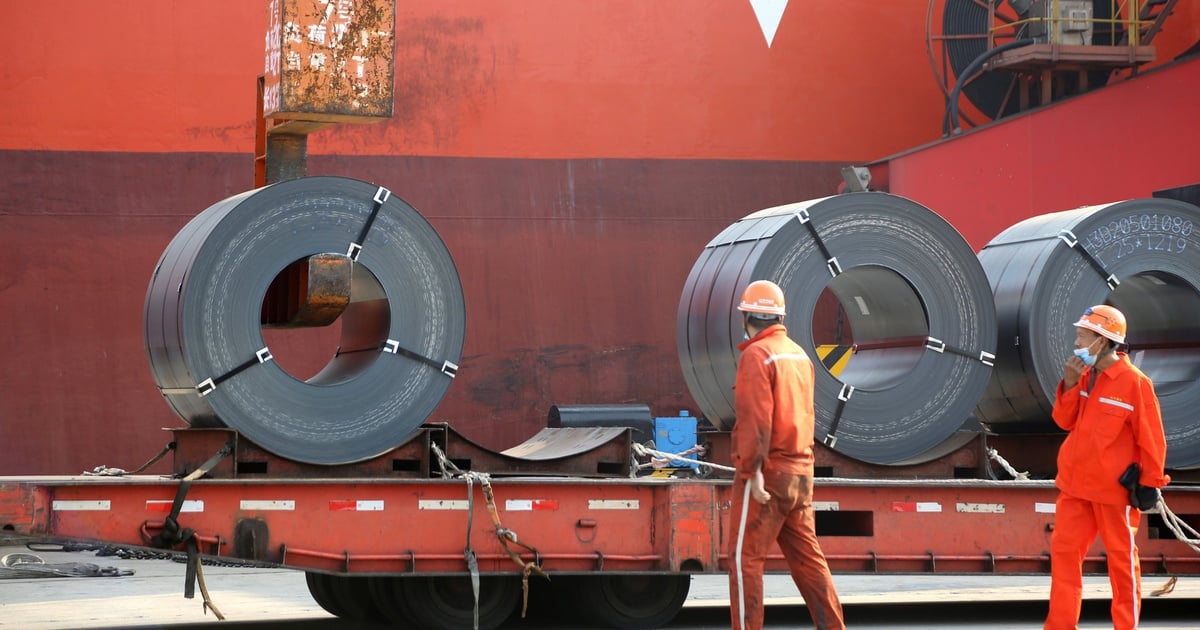
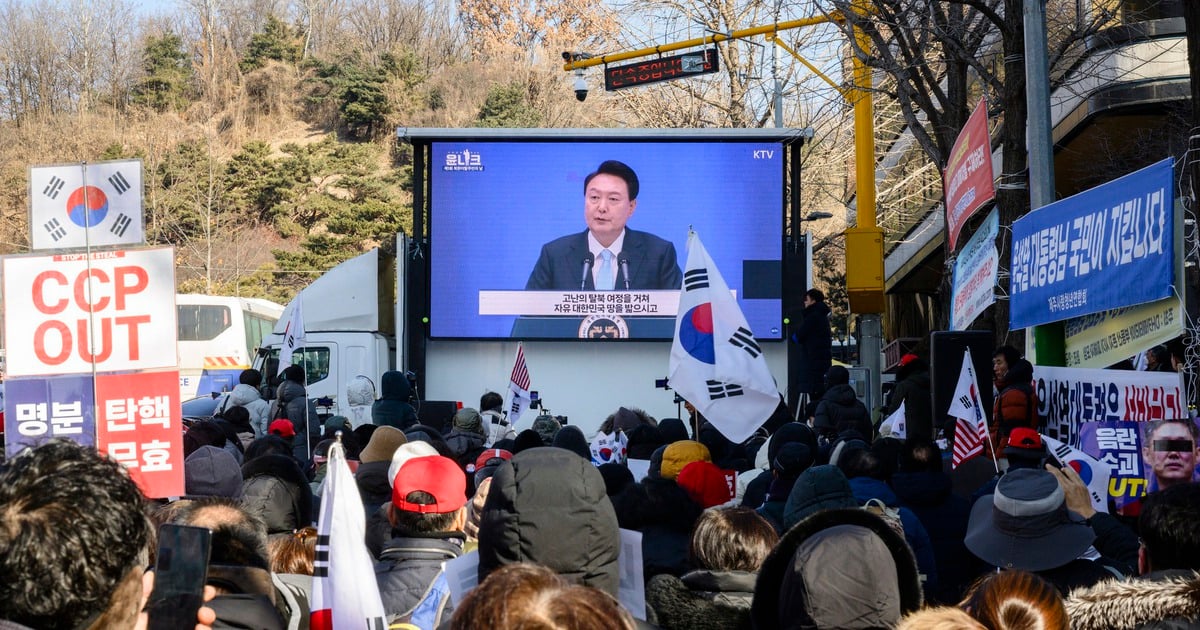
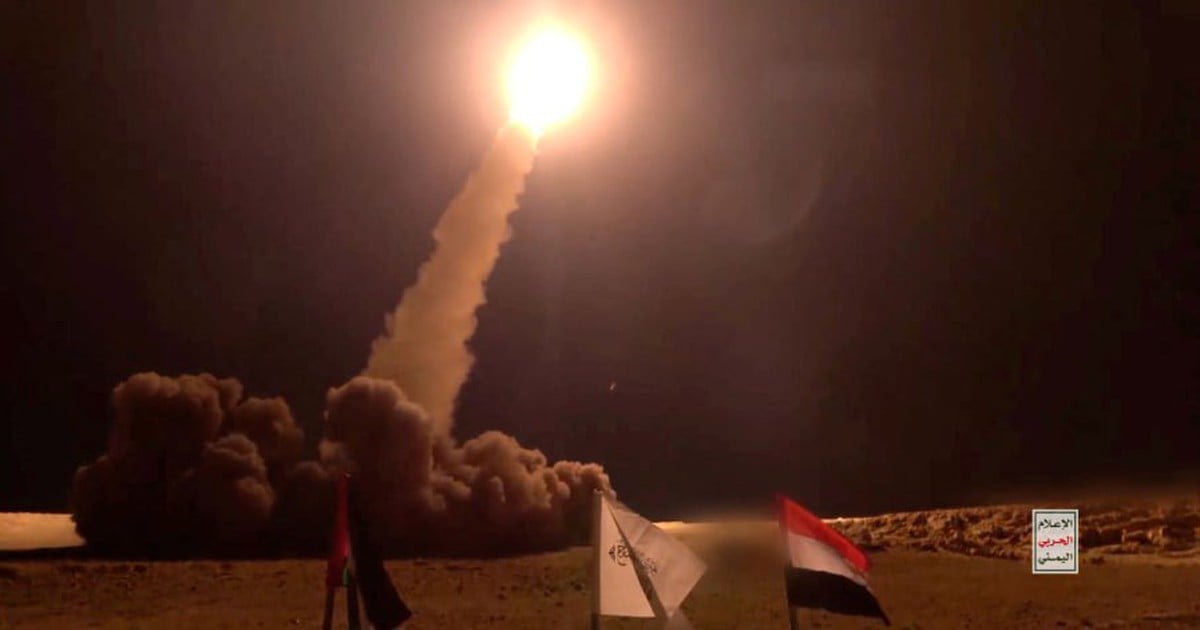



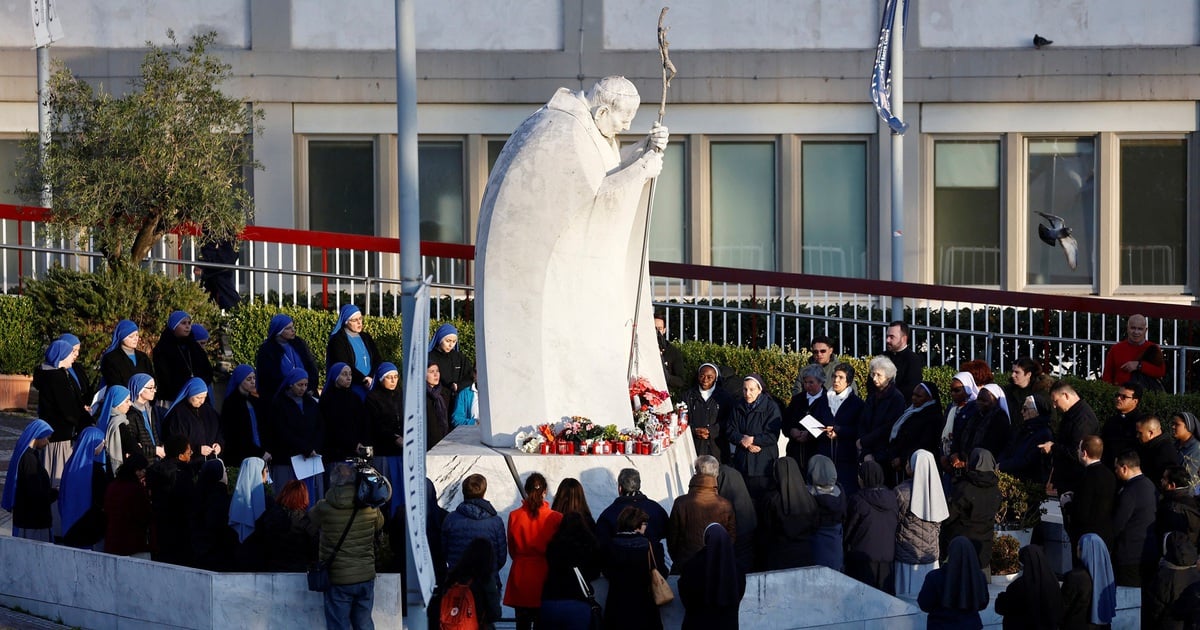
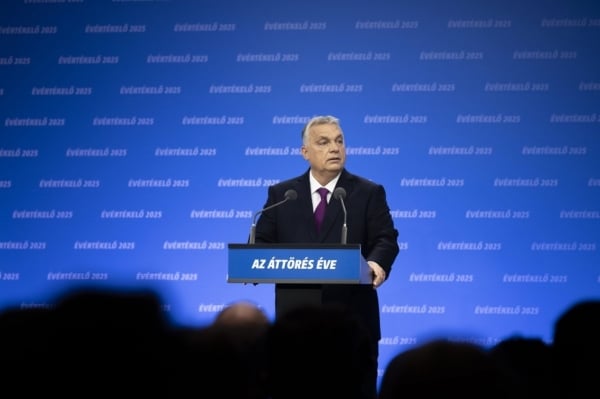
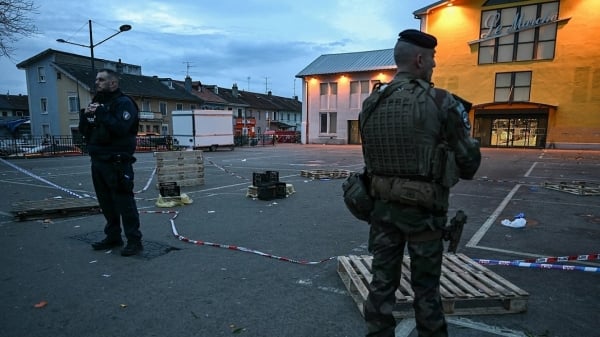
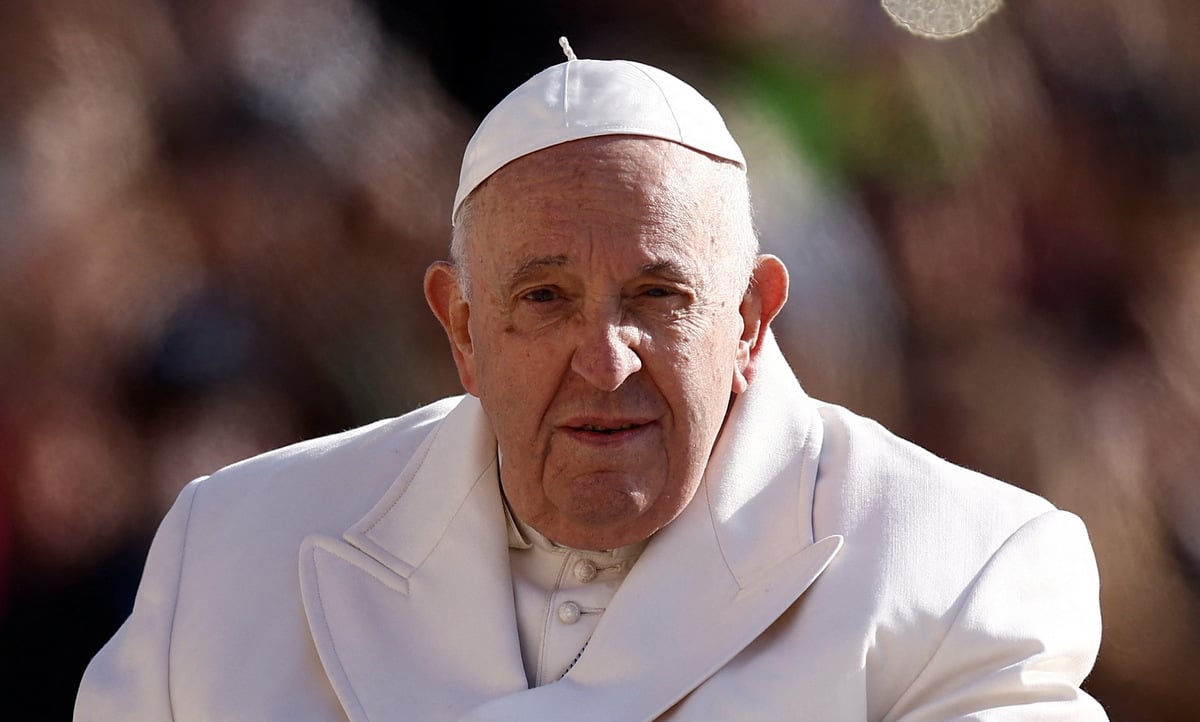







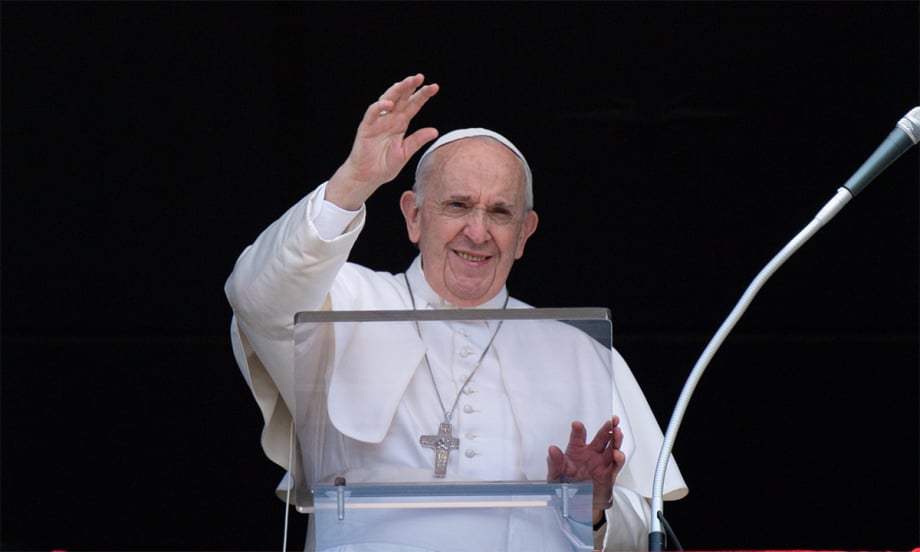







Comment (0)